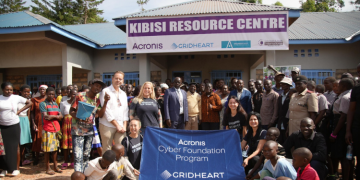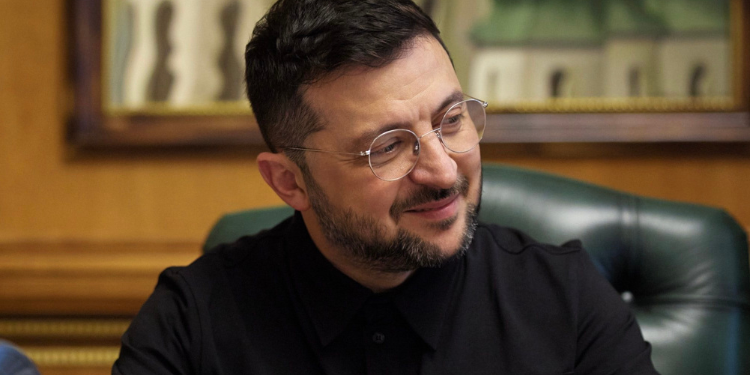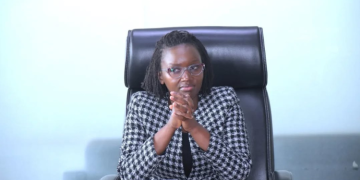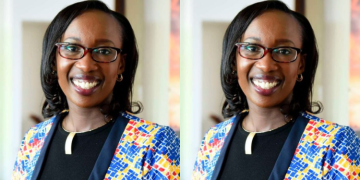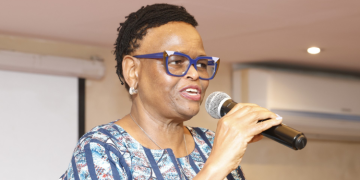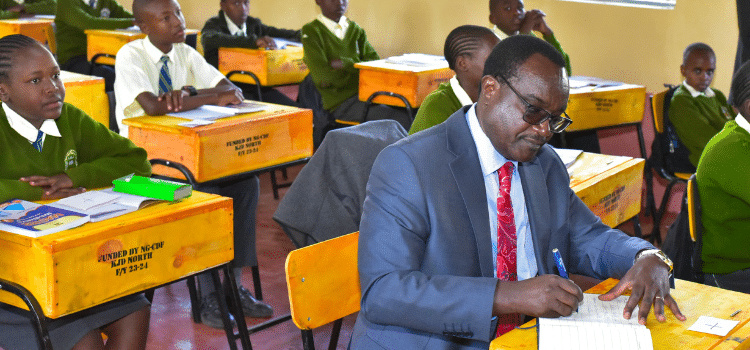After the Ministry of Education’s move to make Mathematics optional for students transitioning to senior secondary school sparked debate among stakeholders, the Kenya Institute of Curriculum Development (KICD) responded by designing it in two forms.
Under the Competency-Based Curriculum (CBC), two forms of mathematics will be offered at senior schools: one for students pursuing the Science, Technology, Engineering, and Mathematics (STEM) pathway, and another for those pursuing arts, sports, and social sciences.
Core and Essential Mathematics to be Taught at Senior School
According to the chairman of KICD, Professor Simon Gicharu, learners taking the STEM pathway will pursue core mathematics, while those taking arts and sports, and social sciences will undertake essential mathematics.
“Mathematics was initially not going to be compulsory in senior school,” Gicharu said.
“But after input from education stakeholders, we revised that decision and created two mathematics paths to suit different learning needs.”
Gicharu said Mathematics specifically focuses on numbers and algebra as a foundation for developing numerical and algebraic thinking.
“It also includes measurement of different quantities, particularly commercial arithmetic, which is important for acquiring and applying financial literacy in real life,” he added.
Also Read: Open Letter Sent to Ruto on CBC Overhaul
Core Mathematics will build numerical and algebraic skills, and it includes geometry, statistics, and probability.
Gicharu said these topics are necessary for developing critical reasoning and solving real-world problems.
“Commercial arithmetic, financial literacy, and spatial concepts like navigation are not optional. They’re essential for all learners, regardless of their chosen field,” he stated.
What Essential Maths Will Entail
Students in the non-STEM pathways will take Essential Mathematics, which focuses on practical computational skills and critical thinking, while keeping the content relevant to their disciplines.
This course is intended to improve problem-solving and support informed decision-making in everyday life.
Gicharu further stated that the Essential Mathematics curriculum will also cover geometry to aid learners in developing spatial reasoning and navigation skills.
Additionally, statistics and probability will be taught to support research skills and help students understand population dynamics and daily life phenomena.
Also Read: Top KUCCPS Courses That Require Mathematics as Compulsory Subject
ICT Skills to Be Taught in Every School
At the same time, the KICD chair stated that learners will be provided with opportunities through Community Service Learning (CSL) to integrate varied skills with instruction and reflection to enrich the learning experience, enhance civic responsibility and strengthen community participation.
“This will be done through intentional learning experiences that allow them to apply knowledge, skills, values and competencies to address identified problems within the immediate environment,” he added.
According to Gicharu, all learners will continue to access digital learning tools as part of their instruction.
Basic Information and Communication Technology (ICT) skills — such as accessing content, creating digital materials, and understanding online responsibility — will be taught in every school.
Teachers are expected to incorporate these skills into their lesson delivery.
Senior school comprises three years of education for learners in the age bracket of 15 to 18 years and marks the end of Basic Education as defined in the Basic Education Act, 2013.
Follow our WhatsApp Channel and X Account for real-time news updates.




